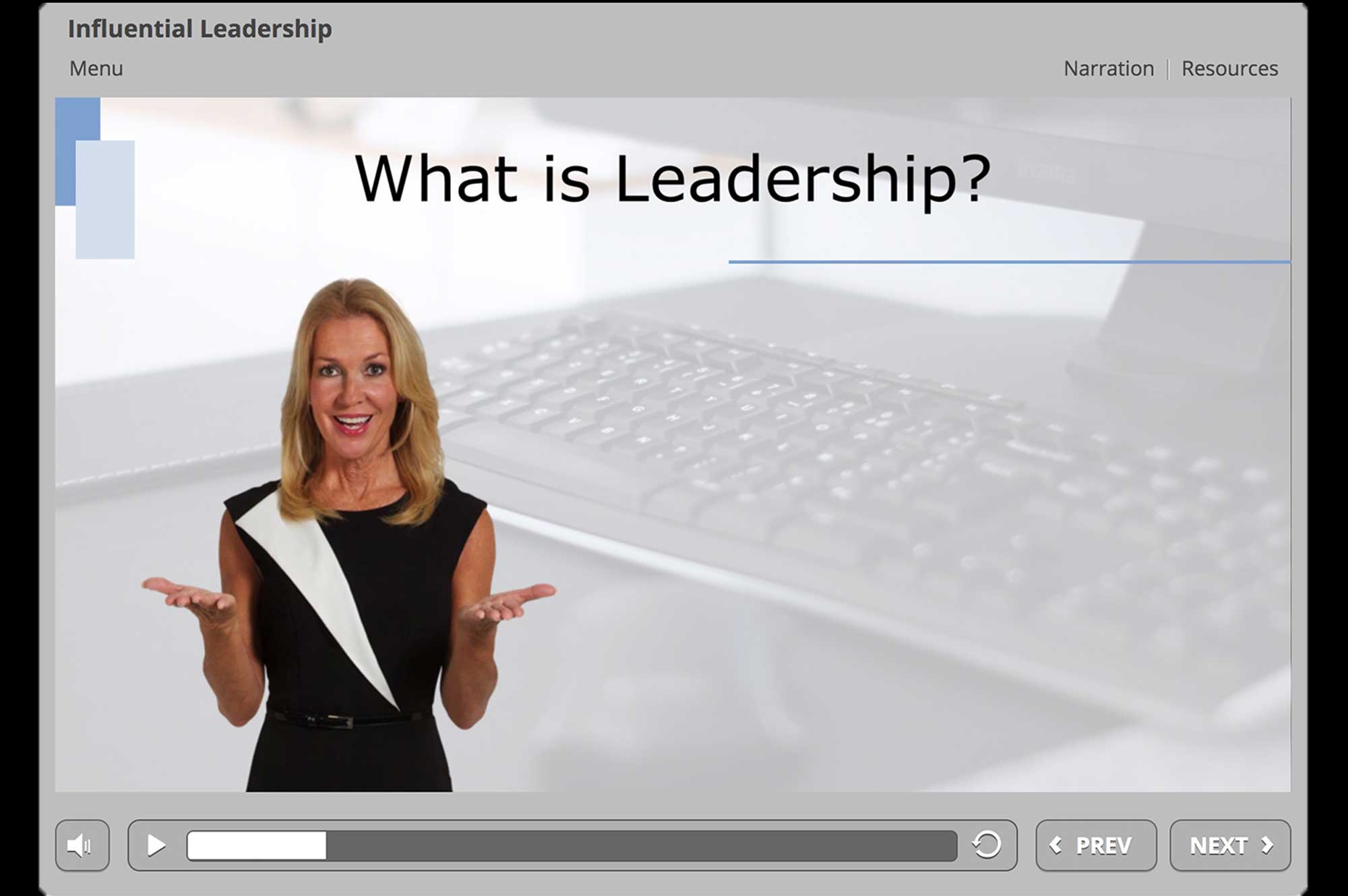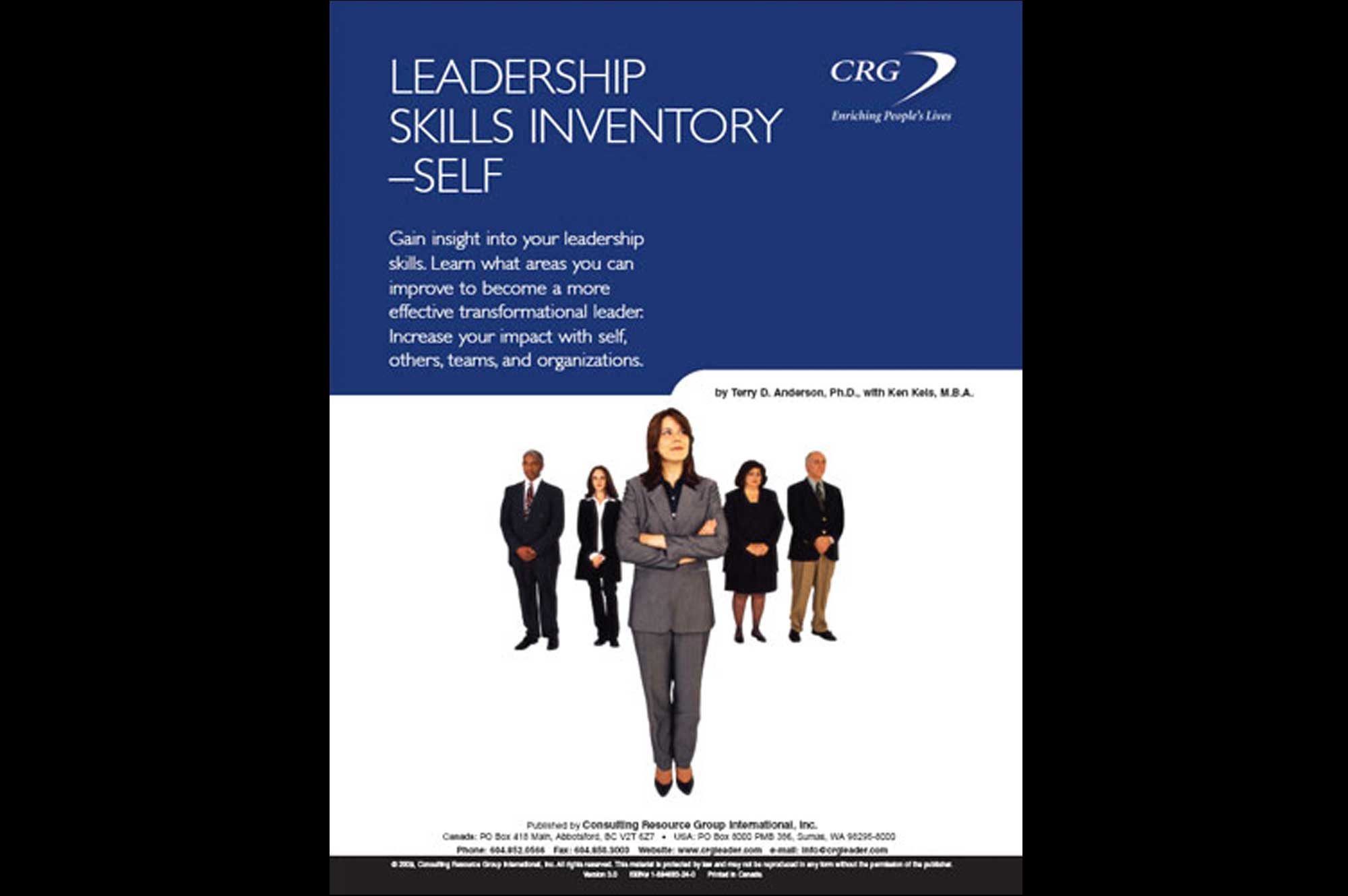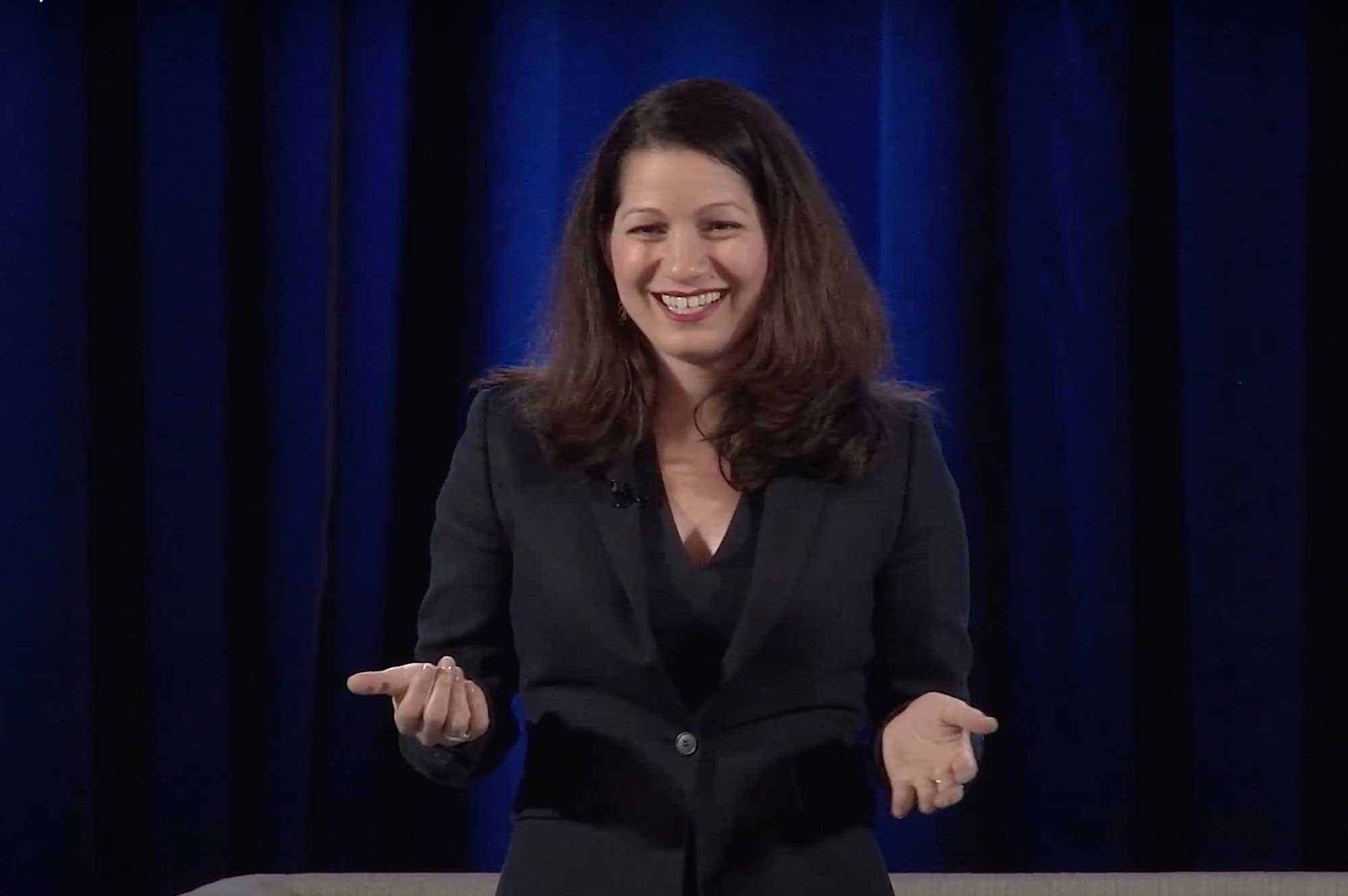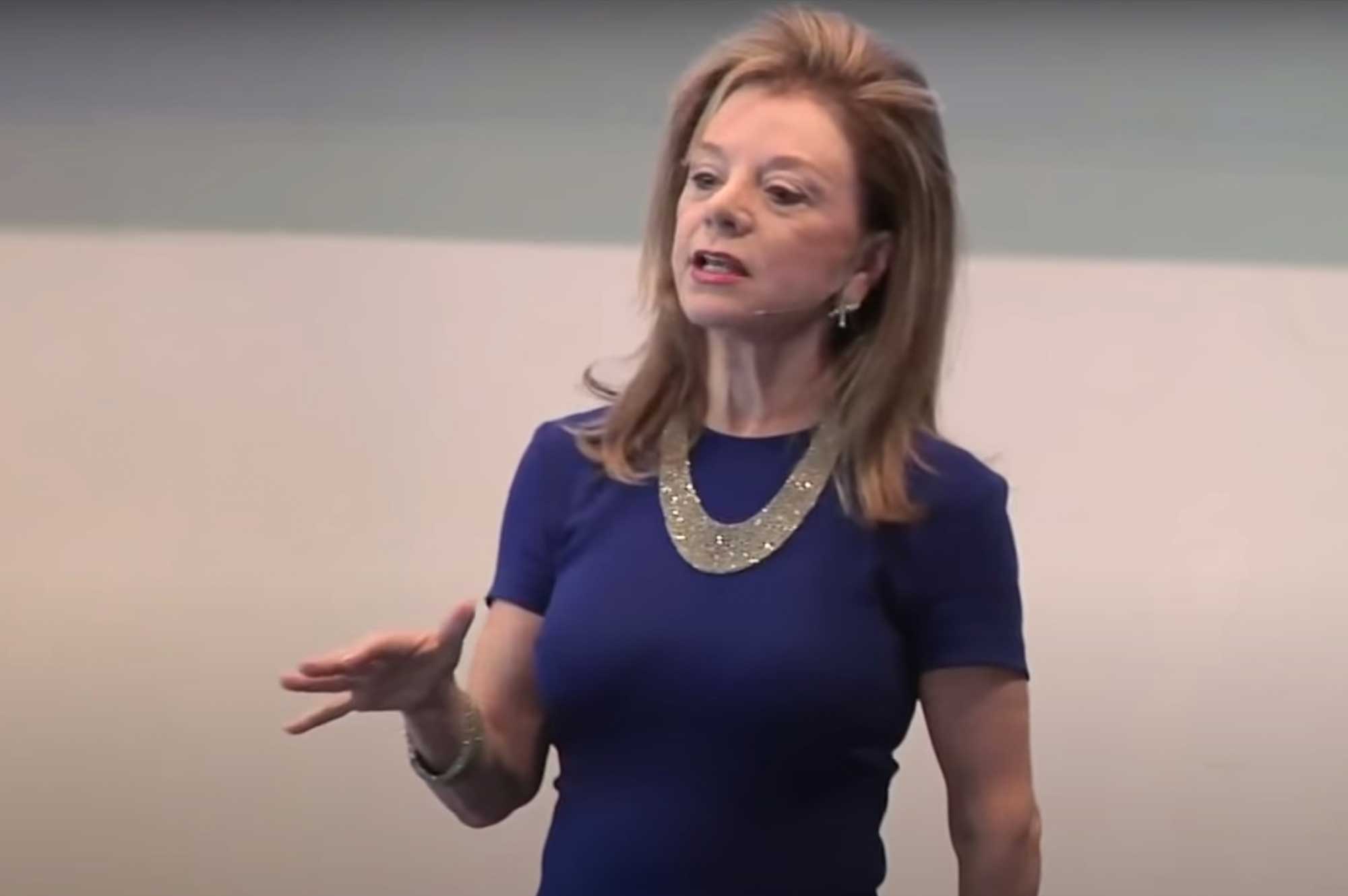Confidence refers to an individual’s level of self-assurance and self-esteem.
There are two distinct types of confidence:
- General self-confidence is a personality trait that develops during a person’s formative years. This type of confidence determines how a person regards themselves and their abilities on a day to day basis.
- Specific self-confidence is situation-dependent; it is determined by the situation or task that an individual is faced with.
Confidence is a reflection of an individual’s internal dialogue that results from judgments, expectations, experiences, and past feedback.
Leaders with confidence are more likely to be decisive, to openly acknowledge mistakes or shortcomings, to listen to alternate or opposing points of view, and to have resilience in the face of failure or criticism.
These courses are ones recommended by B.C. Corrections to fulfill the competencies for the topic of Confidence.
This course explores the key characteristics of effective leaders who naturally influence and, as a result, build trust with others.
The Leadership Skills Inventory is a self-assessment booklet designed to help you assess your leadership skills based on five areas
Look here for a random selection of additional audio, video, and readings to expand an understanding of Confidence.
Executive coach and public speaker Gerry Valentine provides a breakdown of the general steps required to achieve executive presence (online article).
Stanford professor and coach, Allison Kluger, teaches entrepreneurs how to communicate like a leader in this article from Insights by Stanford Business (online article).
Each of us has something powerful to say; yet, for whatever reason, we often hold back. Former opera singer Allison Shapira uses music to explain how we can find our voice and our courage to speak up (video).
In this talk Former opera singer and speaking expert Allison Shapira talks about the power of Executive Presence, discusses its importance, and provides strategies for achieving it (video).
Sylvia Ann Hewlett , one of the worlds most influential business thinkers, discusses executive presence – why it’s important, strategies to develop it, and the gender and cultural biases that impact it (video).







